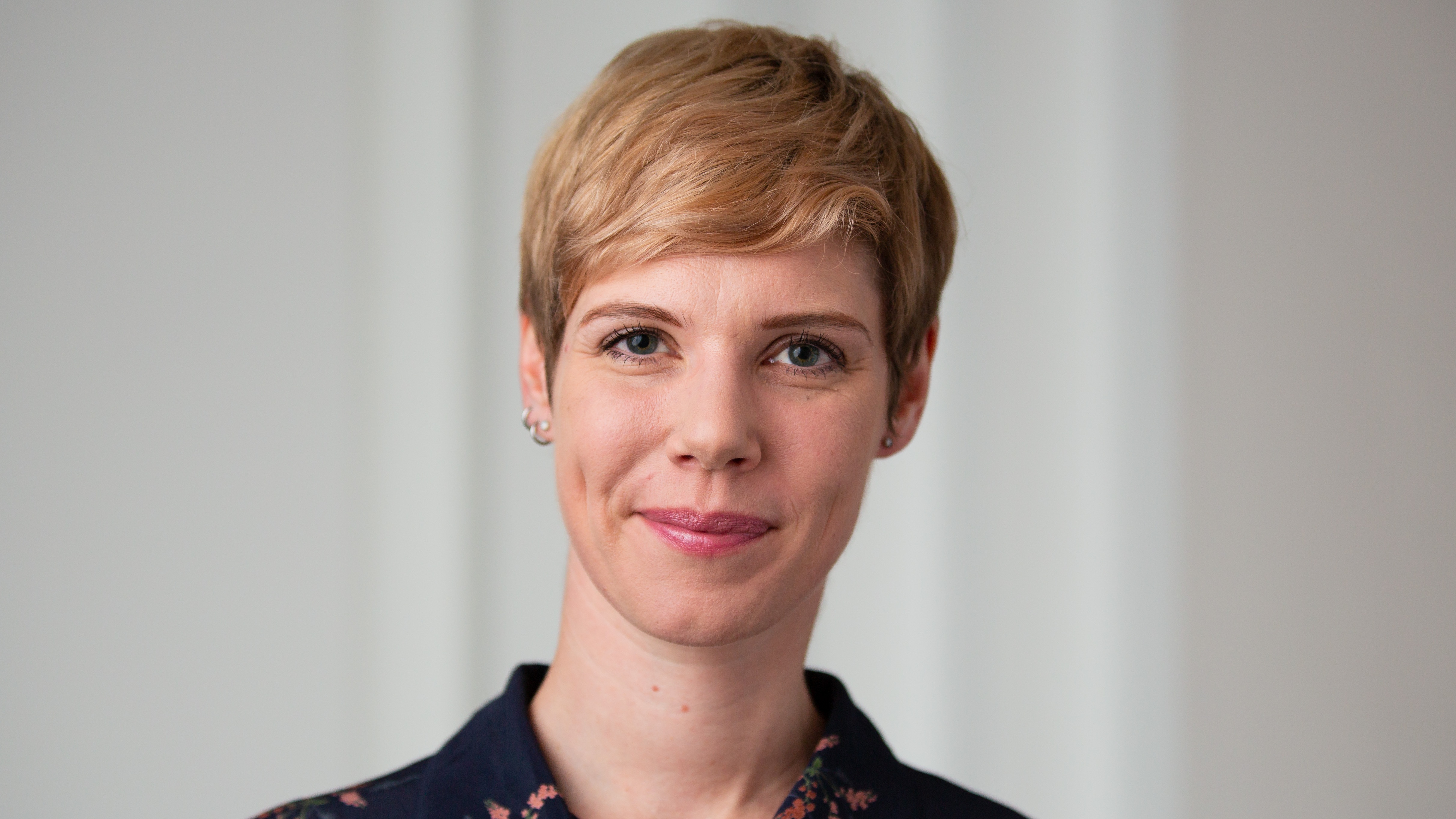Teachers need to be able to inform and justify their teaching practice based on available research knowledge. When searching for research knowledge, the Internet plays a crucial role as it allows teachers to search for and access evidence long after their own education at university. On the Internet, however, educational information can have varying levels of scientific groundedness (e.g., science articles or blogs from colleagues), and research indicates that (pre-service) teachers struggle to find, select, and evaluate online educational information. It is precisely for this reason that it is important to educate (pre-service) teachers on how to competently source online information. This study describes pre-service teachers’ search strategies when sourcing online educational information about the topic “students’ use of mobile phones in class.” It sheds light on their use of (1) basic or advanced search strategies and (2) the role of Internet-specific epistemological beliefs (ISEBs). N = 77 pre-service teachers conducted a realistic search on the Internet and selected those web items (WI) that they perceived relevant for justifying whether mobile phones should be used in class. Their sourcing behavior was screen-recorded and analyzed. Most selected WI were found via search engines of Google LLC (91.4%). Advanced search strategies were defined as (1) using two or more search engines (performed by 62.3% of participants), (2) adapting search terms and/or formulating new search terms (90.9%), (3) selecting at least one WI that was not listed among the first four ranks on the first search engine results page (54.7%), and (4) checking for the trustworthiness of the author/source (14.3%) or the quality of the content (13%). Binary logistic regressions were used to analyze the relationship between ISEBs and (1) search strategies and (2) science-relatedness of WI as dependent variables. The predictor ISEB did not contribute to the models, meaning that differences in participants’ ISEBs did not significantly relate to their search strategies nor to the science-relatedness of WI, all β ≤ |0.36|, Wald ≤ 0.64, p ≥ 0.43. The role of pre-service teachers’ search strategies is discussed with respect to teachers’ evidence-informed reasoning and its implications for teacher education.


